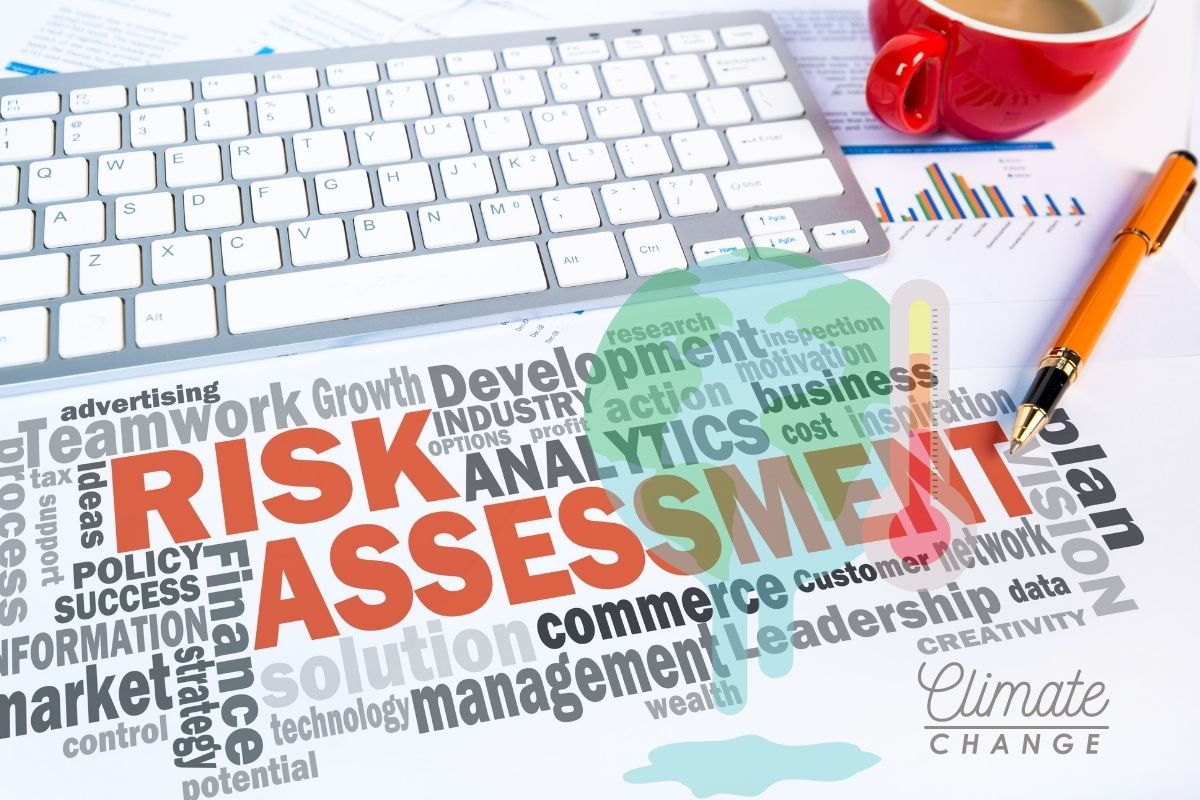At the same time, the III CEO said that what is not needed is for politics to get in the way.
Insurance Information Institute (III) CEO Sean Kevelighan has said that it’s time for the insurance industry to focus on assessing climate risk while putting aside politics that stand in the way of assisting communities most vulnerable to those risks.
The non-profit III has a focus on public education and outreach with over 60 insurer members.
The III, also known as Triple-I, has been working hard to educate and support with regard to the climate risks faced by the insurance industry.
“I think, from our perspective at Triple-I, the focus should be less on the politics in terms of the who and the why, and even how to necessarily stop it, but focusing more on helping communities better adapt and manage their risks,” said Kevelighan while speaking during a climate risk and coverage webinar. “It’s getting harder and harder to price the risk, and even more for people to pay for it.”

Kevelighan’s comments have arrived at a time in which several state regulators are working on boosting their climate risk reporting standards to be used by the insurers they regulate. This places the spotlight on the concerns expressed by climate advocates, lawmakers, and investors, when it comes to social, environmental and governance factors.
The insurance industry – including regulators and companies – must develop strategies, said the III CEO.
In order to mitigate climate risk, Kevelighan said that both insurers and regulators need to come up with policies and services supported by public partnerships and the government.
There has been an increase of almost 700 percent in insured catastrophe losses since the 1980s, when adjusted for inflation. On average, that total has reached about $88.4 billion per year. What regulators and insurers are seeing as increasingly clear is that the methods that have been used as a standard are out of date and aren’t likely to become practical again in the face of increased flooding, wildfire and other natural disaster frequency and severity.
“The traditional risk transfer model in some areas will absolutely be, and even today, in jeopardy,” said Kevelighan, who has previously held positions as an executive at Citigroup Inc. and Zurich Insurance Group before heading the insurance industry organization.

